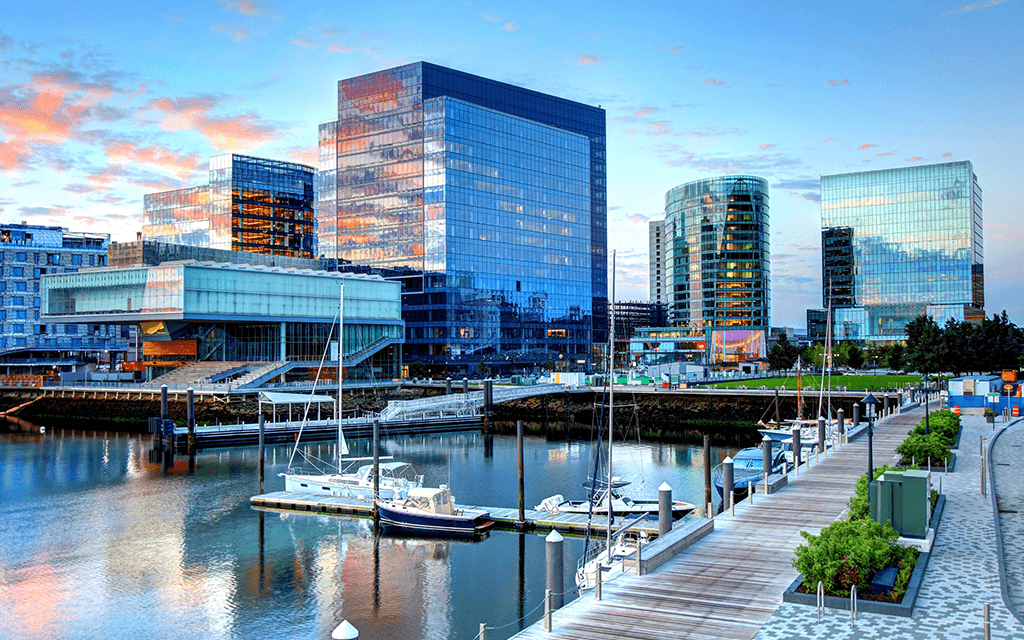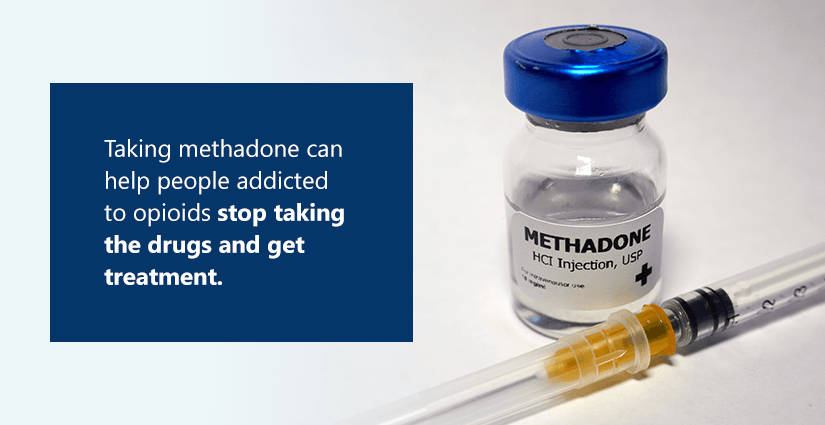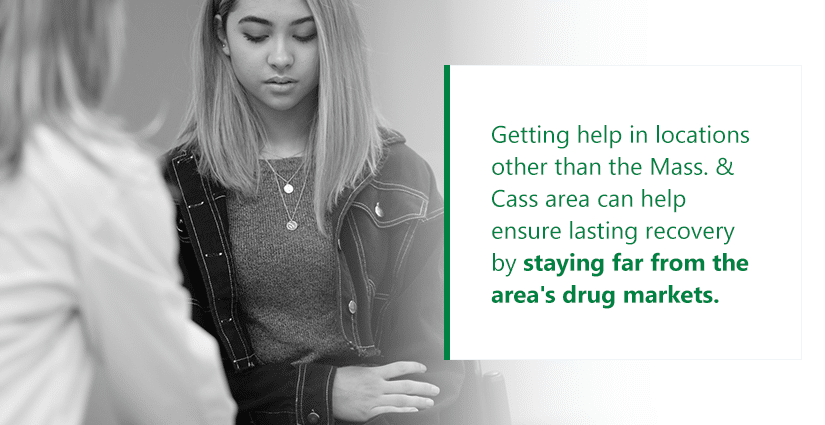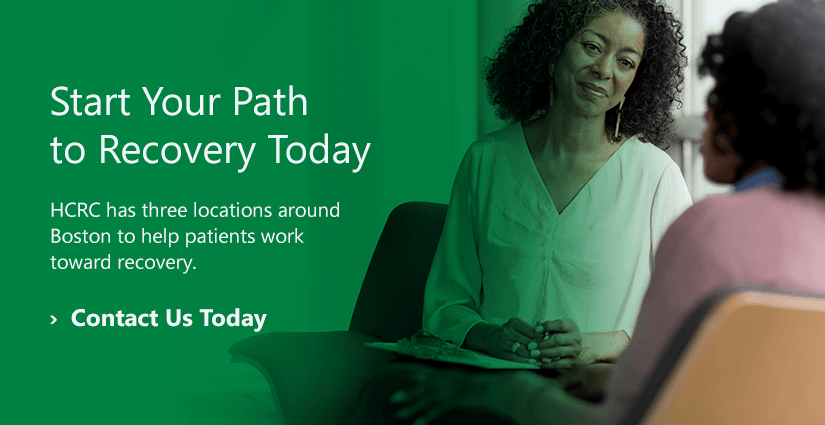For years, the “Methadone Mile” in Boston has caused serious problems for the city and the area’s residents. While the city makes attempts to address the drug addiction problem that gives the area its name, individuals can also get help by finding lasting recovery from their personal addictions to opioids or other drugs.
What Is Boston’s “Methadone Mile?” How Is the City Handling the Situation?
The “Methadone Mile” gets its name from the high number of methadone clinics next to an illegal drug market. The city’s alternative name, which it prefers to use, is “Mass. & Cass,” which comes from the major streets that run through the area — Massachusetts Avenue and Melnea Cass Boulevard.
Regardless of its name, the location creates problems concerning health and violence for area residents. People from all parts of the city, and even outside of Boston, come to the area to purchase drugs in open-air markets. Some even use the drugs nearby, leaving discarded needles for the city to clean up. The city reports collecting nearly a million of these discarded needles from the streets.
Nearby methadone clinics, packed along the street, beckon those who want to recover to get temporary relief. However, the draw of drug sales in the area pulls many seeking recovery back into drug addiction.
The city has a plan to fight the problem through its Mass. & Cass 2.0 plan. One component of this strategy is bringing in portable toilets to keep people from defecating on the streets or private property. Additionally, the 25-member task force behind the plan wants to see recovery centers and services spread throughout the city. Then, people who need to overcome addiction don’t have to go to the “Methadone Mile,” where they could encounter drugs sold on the street.
Besides decentralizing recovery clinics and bringing in bathrooms, the city also wants to focus on cleaning up trash and needles from the streets of Mass. & Cass. Aspects of this plan include increasing the number of syringe drop-off locations, sending more public workers to clean up needles and trash from the streets and raising the number of people on their Mobile Sharps Team.
Since homeless encampments also create problems for the area, the city wants to find out why people inhabit those camps and what they need to get help. City officials hope this approach will create a long-term solution to homelessness in the region instead of simply removing the encampments and telling the inhabitants to go elsewhere.
Dangers of Abusing Methadone and Other Opioids
Opioids are a drug class that includes legal and illegal substances derived from the opium poppy. While doctors prescribe legal opioids for relief of severe pain, these drugs can result in addiction. Addiction to opioids often comes from the elated feeling these medications produce. To obtain this “high,” some people will use illegal opioids, such as heroin, or misuse prescription versions of the drugs.
Over time, those who regularly use opioids can develop a physical tolerance to the drugs. Consequently, these individuals need to take higher or more frequent amounts to obtain the same “high” feelings. Needing more opioids poses a serious risk for overdose, which can lead to death. Even if someone with a tolerance to opioids does not overdose, they will still have problems with addiction and withdrawals, which make quitting without assistance physically uncomfortable.
Methadone is a type of opiate that some doctors prescribe for pain relief. However, this drug more commonly aids in helping those with opioid withdrawal symptoms, which include the following:
- Pain in the muscles and bones
- Sleeping problems
- Cold flashes
- Vomiting and diarrhea
- Severe cravings for the drug
- Uncontrollable leg movements
Methadone connects to the same parts of the brain that opioids do, reducing the above withdrawal symptoms. Taking methadone can help people addicted to opioids stop taking the drugs and get treatment. However, people can also abuse methadone as they do other opioids. Therefore, anyone taking methadone for opioid addiction treatment needs to be in an active treatment program to prevent addiction to methadone and break away from opioid use.
Raise Awareness of the Boston Methadone Mile and Get Help Where Needed
Knowing about the “Methadone Mile” is only one way to combat the issue. The city currently has a plan in place to contend with the region’s problems by using Mass. & Cass 2.0. By decentralizing substance use clinics, those with addictions can go to places other than the “Methadone Mile,” where drug sales occur in the open.
For those who have an opioid addiction or other drug use disorder, getting help in locations other than the Mass. & Cass area can help ensure lasting recovery by staying far from the area’s drug markets.
Opioid Treatment in Boston Area
If you have a drug addiction or know a loved one with this problem, there are options for Boston area methadone treatment other than the Mass. & Cass region. Health Care Resource Centers (HCRC) has locations around New England, with three in the Boston area. Getting medication-assisted treatment (MAT) for opioid use disorder at a location close to you makes seeking recovery less of a chore.
HCRC Chelsea
If you live or work north of Boston, consider the HCRC Chelsea location. We provide comprehensive care that includes medication-assisted treatment. Other components of opioid use treatment at this location include individual therapy, methadone treatment for pregnant women and a Young Persons Treatment Initiative.
HCRC Boston
People on the south side of the city may reach out to our HCRC Boston location. We have full accreditation from the Commission on Accreditation of Rehabilitation Facilities (CARF), as do our other centers. In line with our values of respecting every patient, we provide personalized treatment plans based on each patient’s individual needs. Some of our services include medication-assisted treatment, group therapy, family therapy and individual therapy.
HCRC Jamaica Plain
South of Boston, you will find our HCRC Jamaica Plain location. As with our other Boston centers, we provide medication-assisted treatment here. However, we also offer various other services. We offer individual counseling, relapse prevention, guest medication services and coordinated pregnancy treatment for addiction among the opioid use treatments we provide.
Start Your Path to Recovery Today
Drug addiction is not a life sentence. There are treatment options available that don’t require you to go to the Methadone Mile. You have other alternatives in the Boston area for receiving medication-assisted treatment. HCRC has three locations around Boston to help patients work toward recovery. For more information about our opioid use treatment, contact us today.







